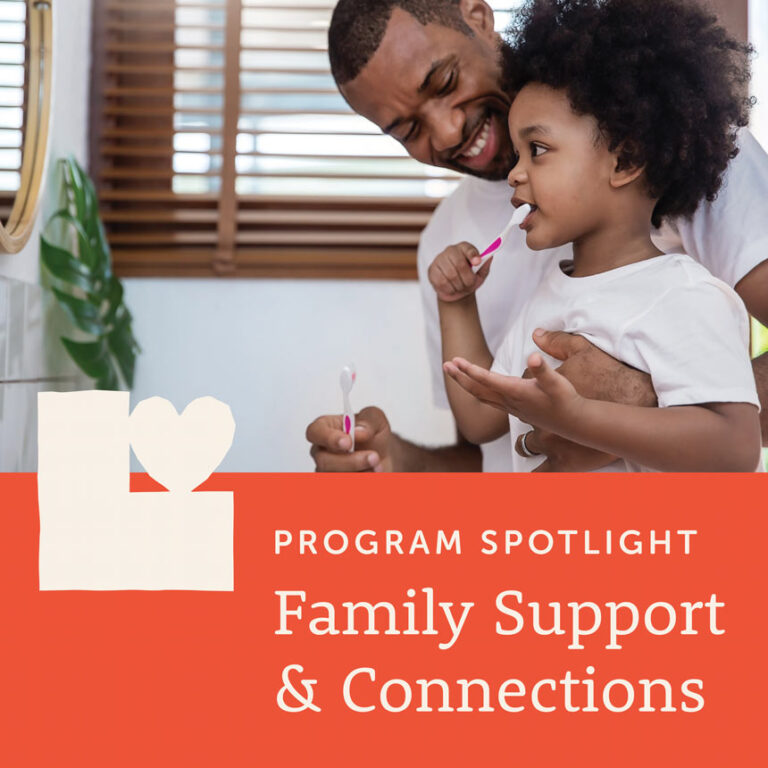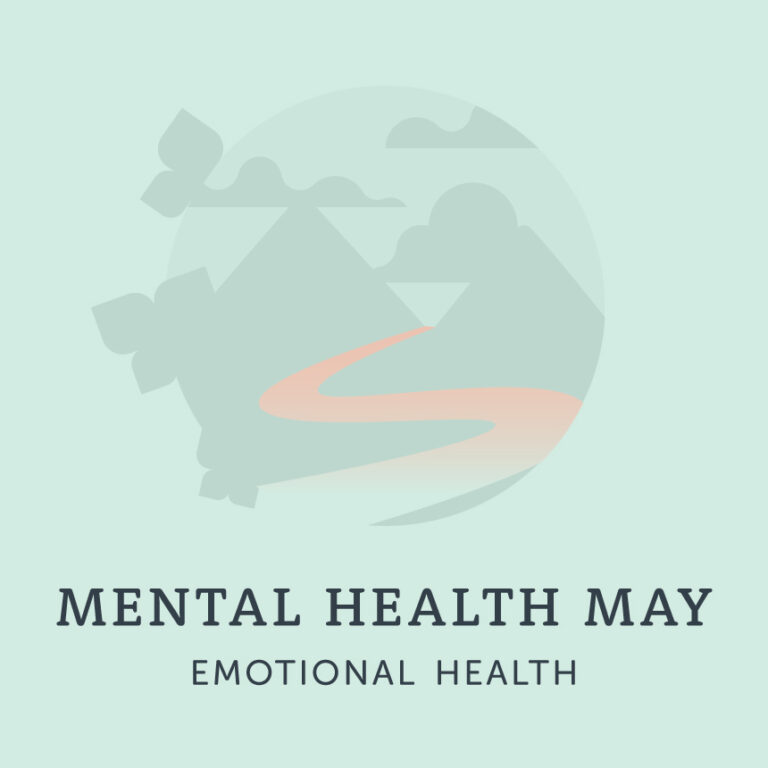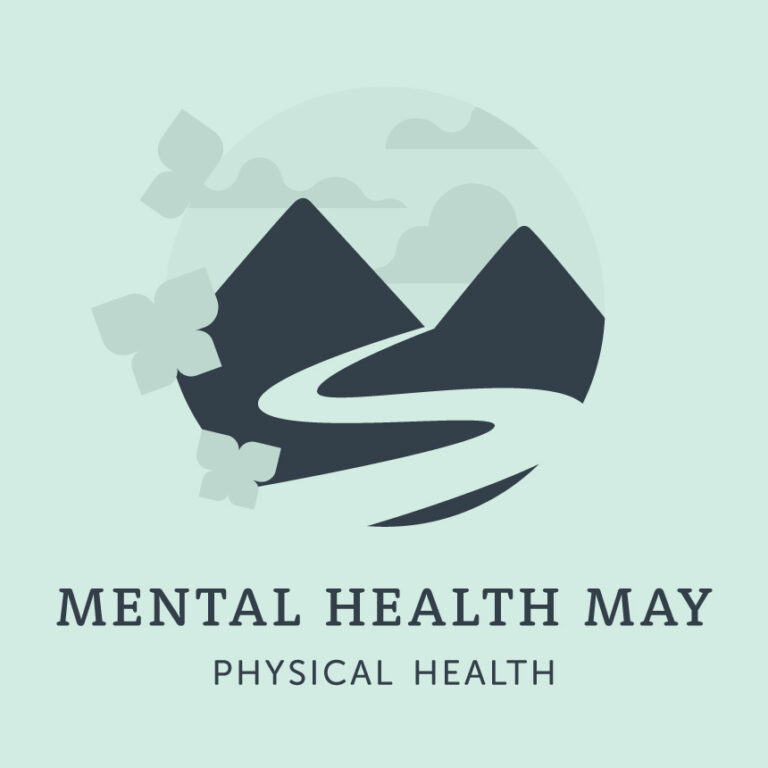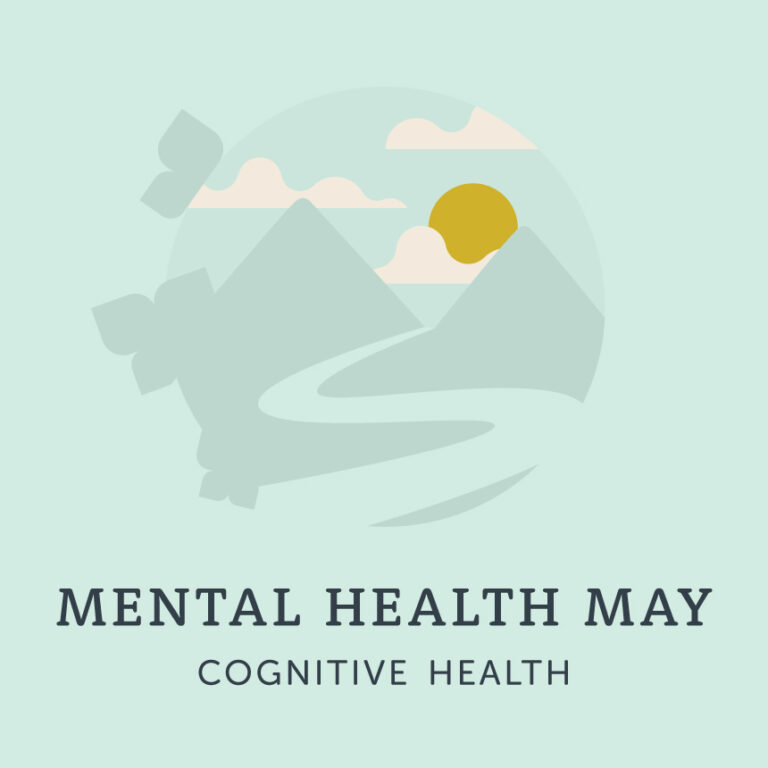
While New Year’s resolutions can be stressful for everyone, they can be especially tricky to navigate for someone in recovery from substance use, an eating disorder or other mental health challenges. Often, our cultural scripts around these issues involve shame, guilt and fear. It can be difficult for someone who has struggled to remain sober to see other people practice Dry January and then immediately return to their former habits, or for someone with an eating disorder to hear others talk about their weight loss goals.
If you want to support your friends in recovery this January (and all year long), here are a few steps you can take.
Supporting people who are struggling begins with being mindful of our words.
While it’s never a negative thing to pursue better health in our own lives, we need to be careful not to project our personal insecurities onto other people. Avoid making critical comments about other people’s bodies or habits, comparing yourself to them — you never know what someone else has been through or how they’re struggling. This article from The Mighty, written by a survivor of an eating disorder, discusses the kinds of conversations that can be triggering. And while it’s written for an audience of people in substance use recovery, this article from VeryWell Mind can give some insights into the types of words and situations that may trigger a relapse.
Understand that recovery is more than just a fad.
Many people use the new year as a time to “reset” their habits — cutting out alcohol or refined sugar or going to the gym for a month. Then, most of us go back to living our lives the way we did the year before. Maybe we’ll be more mindful of our everyday choices, but most of these month-long challenges aren’t intended to be permanent changes.
For those in recovery, it’s not so simple. They are trying to avoid going back to their old habits, and watching everyone else treat their struggle as a passing fad can be hurtful. Avoid treating them as if the changes they’re trying to make are an inconvenience, and don’t criticize them for taking those changes more seriously than other people in your life. Recovery is hard work, and their efforts should be recognized.
Offer support all year, not just in January.
It’s easy to commit to big changes at the start of the year, but sustaining them long-term takes a lot of time, patience and effort. If you know a friend is committed to making a major change in their life, they’ll need your support long after everyone has stopped thinking about their resolutions.
If you have a friend in recovery from addiction, try to offer substance-free spaces for them to socialize throughout the year. Or if a friend deals with depression or another mental health issue, check in with them and be ready to listen if they’re struggling. Read up on the issues they’re dealing with and how you can be a better friend or family member. Ask them what they need, instead of assuming that you know what would be best for them. You can even join a support group for friends and family so you can get advice from others who have been in your shoes before.
Finally, remember that their need for support doesn’t end just because January is over.
Don’t be afraid to suggest professional support.
If you or someone you know is struggling right now, there is help available. Our staff is trained to provide holistic behavioral health services for clients of all ages and backgrounds. Everyone needs help sometimes, and at LifeWorks NW we want to provide the support our clients need free of shame or judgment. Learn more about the services we offer or contact us to schedule an appointment.










